Throughout history, Black women have played a crucial yet often overlooked role in building and preserving generational wealth. Despite systemic barriers, these matriarchs used strategic investments, entrepreneurship, and financial discipline to secure economic stability for their families and communities. Their legacies continue to inspire and demonstrate that wealth-building is not just about accumulation but about resilience, foresight, and empowerment. Here are five Black women who quietly laid the foundations for financial success across generations.
1. Madam C.J. Walker
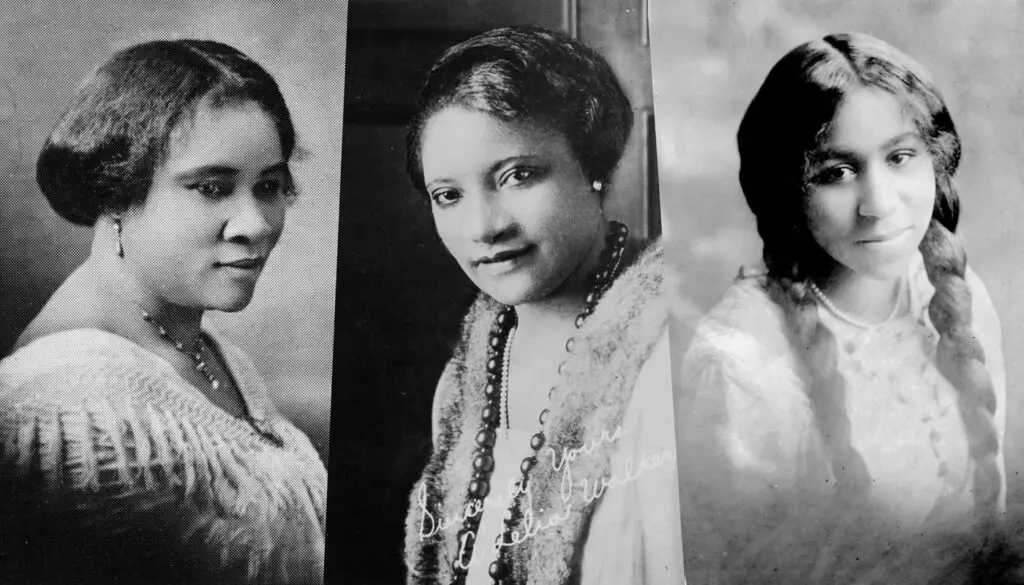
Madam C.J. Walker is often remembered as the first self-made female millionaire in the U.S., but her legacy extends far beyond her wealth. Born to formerly enslaved parents in 1867, Walker built a haircare empire that not only brought financial security to her family but also created jobs and opportunities for thousands of Black women. Through her business, she instilled principles of entrepreneurship and financial independence in her employees, many of whom went on to build their own businesses.
Walker also understood the importance of reinvesting wealth into her community. She donated to Black colleges, civil rights organizations, and charities that uplifted Black Americans. Her home in Irvington, New York—Villa Lewaro—was designed as a gathering place for Black leaders and entrepreneurs, symbolizing her commitment to generational empowerment.
2. Maggie Lena Walker
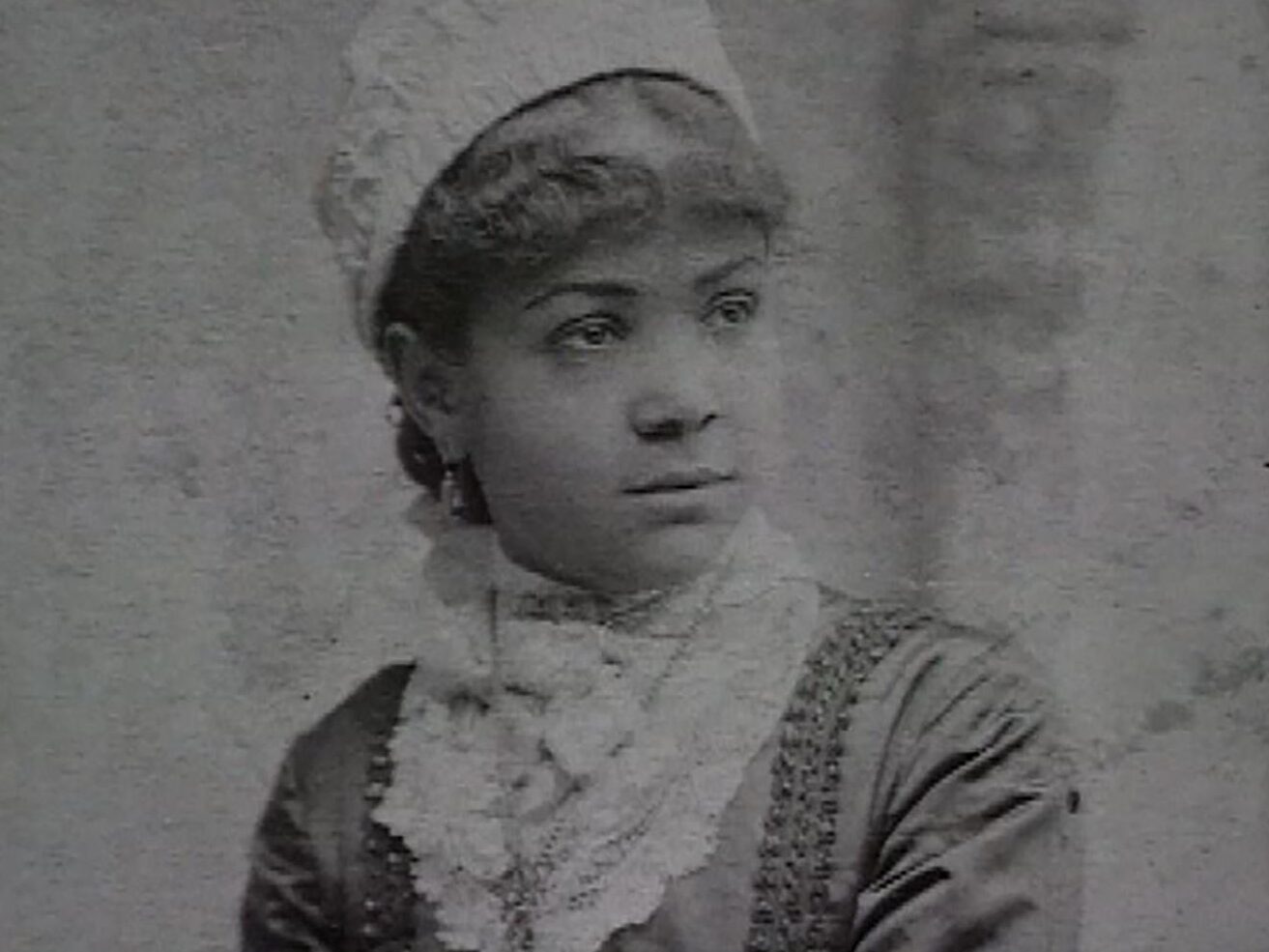
Maggie Lena Walker was a pioneering financial leader who became the first Black woman to charter and serve as president of a bank in the United States. Born in Richmond, Virginia, in 1864, she founded the St. Luke Penny Savings Bank in 1903, providing financial services to Black families who were often denied access to traditional banks. Under her leadership, the bank helped Black families buy homes, start businesses, and accumulate generational wealth.
Beyond banking, Walker emphasized financial literacy and community development. She encouraged Black families to save, invest, and build assets that could be passed down. Her work laid a foundation for Black economic independence, showing that financial empowerment starts with access to resources and education.
3. Annie Turnbo Malone
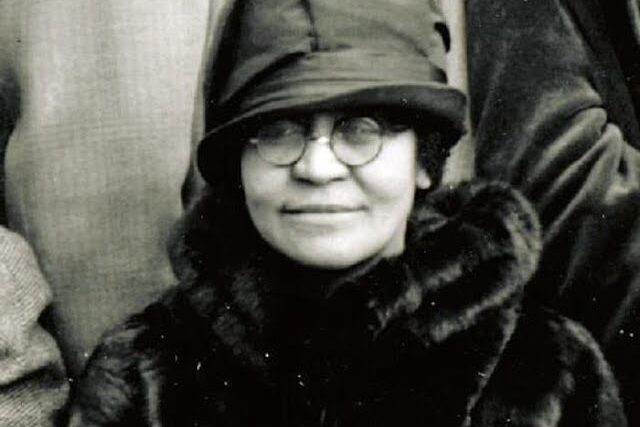
Before Madam C.J. Walker, there was Annie Turnbo Malone—a brilliant entrepreneur and philanthropist who built a multimillion-dollar beauty empire in the early 1900s. Malone’s company, Poro Products, specialized in Black haircare and cosmetics, and she trained thousands of women in cosmetology, giving them the tools to start their own businesses. Many of her students, including Walker, went on to create their own successful beauty brands.
Malone’s wealth wasn’t just for personal gain; she heavily invested in Black education and philanthropy. She funded scholarships, supported historically Black colleges, and established the Poro College, which provided training and employment for Black women. Her emphasis on education and economic independence ensured that her impact lasted beyond her lifetime.
4. Sarah Rector
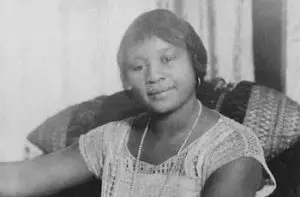
Sarah Rector’s story is unique—she became a millionaire at the age of 11 due to land allotments given to Black members of the Creek Nation in Oklahoma. When oil was discovered on her land, she amassed wealth that made her one of the richest Black children in the U.S. However, what set her apart was how her family and advisors managed and protected that wealth, ensuring it would last for future generations.
Despite efforts by white officials to take control of her assets, Rector’s family secured legal protections, invested wisely, and built businesses that sustained their fortune. As an adult, she continued investing in real estate, owning multiple properties and businesses that provided long-term economic stability. Her story underscores the importance of financial management and legal protections in preserving generational wealth.
5. Bridget “Biddy” Mason
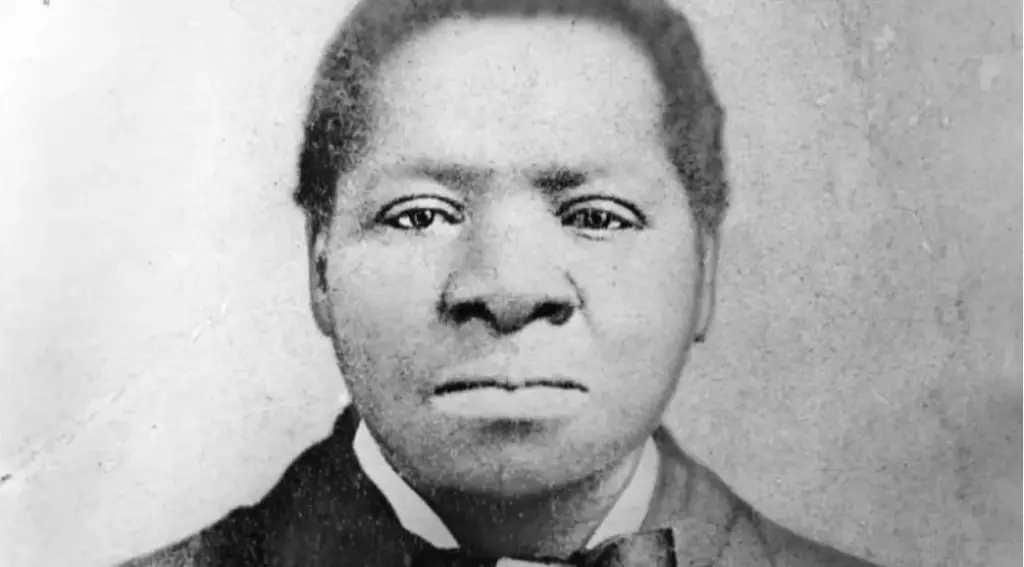
Born into slavery in Georgia in 1818, Biddy Mason gained her freedom after a legal battle in California and went on to become one of the wealthiest Black women in Los Angeles. Working as a midwife and nurse, she saved her earnings and began investing in real estate, purchasing land in what would later become prime downtown Los Angeles property.
Mason’s investments paid off exponentially, and she used her wealth to support the Black community by founding a church, providing housing for those in need, and financing charitable efforts. Her strategic real estate investments created lasting generational wealth, proving that financial foresight and community investment can go hand in hand.
